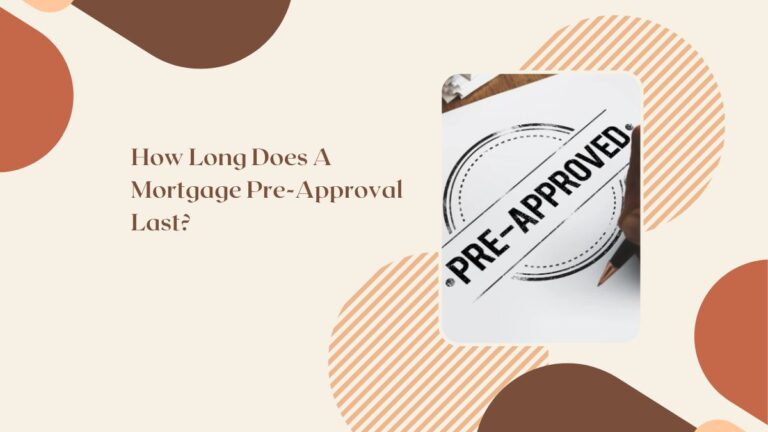When Is The First Mortgage Payment Due?
The first mortgage payment is due on the date specified in the mortgage contract. For most people, this will be the first day of the month following the date on which they close their homes. For example, if you close on your home on June 15, your first mortgage payment will be due on July 1.
If you have a government-backed loan (such as an FHA loan), your lender may require you to pay monthly mortgage insurance premiums along with your regular mortgage payment. These premiums are used to insure the lender against loss in the event that you default on your loan.
It’s important to remember that missing even one mortgage payment can have serious consequences. If you’re having trouble making your payments, contact your lender immediately to discuss your options.
When is the First Mortgage Payment Due?
The first mortgage payment is due on the date specified in the mortgage documents. If the borrower does not make the payment by the due date, the lender may charge a late fee.
The Grace Period for the First Mortgage Payment
Assuming you close on your mortgage on the last day of the month, your first mortgage payment would be due on the first day of the following month. However, many lenders offer a grace period of 15 days after the end of the month, which means your payment wouldn’t be considered late until after the 15th of the following month.
How to Prepare for Making Your First Mortgage Payment
Making your first mortgage payment can be a daunting task, but it doesn’t have to be. By preparing ahead of time and knowing what to expect, you can make the process much smoother.
Here are a few tips for preparing for your first mortgage payment:
- Know when your payment is due: Your mortgage lender will send you a statement each month with your payment due date. Make sure you know when this is so you can budget accordingly and avoid any late fees.
- Have the money ready: Once you know when your payment is due, start setting aside money each month so you’ll have the full amount ready when it’s time to pay. This will help reduce stress and ensure that you’re able to make your payment on time.
- Set up automatic payments: If you’re worried about forgetting to make your payment, set up automatic payments from your bank account. That way, you’ll never have to worry about missing a payment or being late.
- Know your options if you can’t pay on time: If something comes up and you’re unable to make your payment on time, contact your lender right away to discuss your options. Most lenders are willing to work with borrowers who are having financial difficulties.
By following these tips, you can prepare for making your first mortgage payment with ease and confidence
What Happens if You Miss Your First Mortgage Payment?
If you miss your first mortgage payment, you could face a number of consequences. Your credit score could drop, you could be charged a late fee, and your interest rate could increase. You may also have to pay private mortgage insurance if you’re behind on payments. If you’re having trouble making your mortgage payments, reach out to your lender as soon as possible to discuss your options.
Tips for Making Sure You Make Your First Mortgage Payment on Time
When you’re buying a home, the last thing you want to worry about is making your first mortgage payment on time. Here are a few tips to make sure that you don’t miss your first payment:
- Know when your payment is due: Your mortgage lender will send you a statement each month with the date that your payment is due. Mark this date down in your calendar so you don’t forget.
- Make a budget: Part of ensuring that you make your mortgage payment on time is knowing how much money you have coming in and going out each month. Make a budget and track your spending so you know exactly how much money you have to put toward your mortgage each month.
- Set up automatic payments: If you’re worried about forgetting to make your mortgage payment, set up automatic payments from your bank account. That way, the payment will be made automatically on the due date and you won’t have to worry about it.
- Stay organized: Keep all of your paperwork related to your mortgage in one place so you can easily find it when you need it. This includes things like your monthly statements, loan documents, and any correspondence with your lender.
- Know who to contact if you have questions: If you’re ever unsure about anything related to your mortgage or making a payment, reach out to your lender or a housing counselor for help. They’ll be able to guide you through the process and make sure that everything
Conclusion
We hope that this article has provided you with a better understanding of when your first mortgage payment is due and how to prepare for it. It’s important to keep in mind that mortgage payments are an ongoing financial responsibility, so it’s essential to budget accordingly and make sure you’re able to meet your obligations each month. If you have any questions or concerns about the process, don’t hesitate to contact your lender for more information and guidance.






